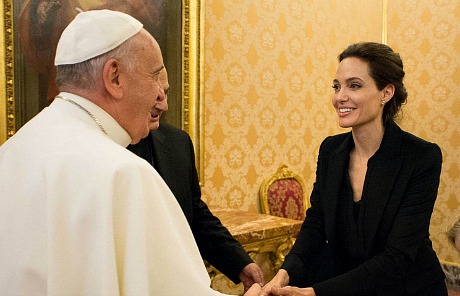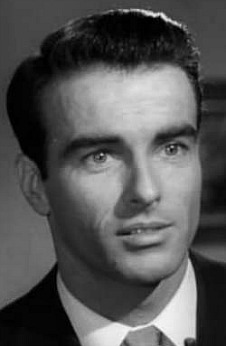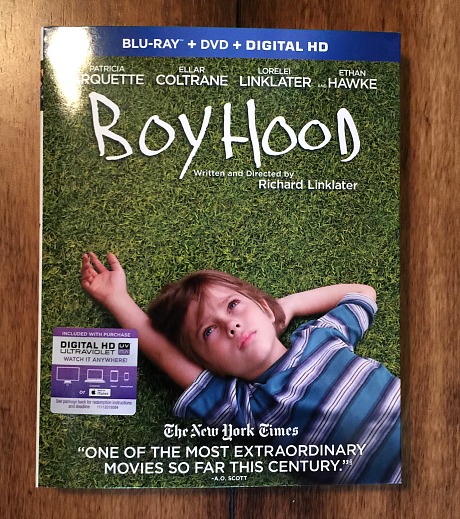In a 1.5 piece titled “11 Movies To Watch Out For In 2015: The Non-Blockbuster Must-See Features Of The Year,” Esquire‘s Nick Schager has included Cameron Crowe‘s Son of Deep Tiki (Columbia, 5.29). Three possible factors: (1) Schager didn’t put two and two together when the film (otherwise known as “Untitled Cameron Crowe Project“) was bumped out of a 12.25.14 opening and into May 2015, (2) he didn’t get the December memo about Sony chief Amy Pascal’s displeasure with the film, or (3) he’s just a Crowe fan from way back and has decided against letting Elizabethtown and We Bought A Zoo get in the way of that. And that’s fine.
Seriously, I’m not trying to be an asshole here. I’ll always admire Crowe’s work throughout the ’90s and up until Almost Famous with…okay, a certain respect for Vanilla Sky. I’m sorry that things haven’t worked out that well over the last decade, but tomorrow is another day. So why doesn’t Crowe just shut down the heckling section by giving his upcoming film a title, for God’s sake? How hard can that be? If he were to actually call it Son of Deep Tiki (because the original version that had its plug pulled during pre-production was called Deep Tiki), it wouldn’t be all that bad. My point is that nothing says “watch out!” like a movie that hasn’t had a title for eons and still doesn’t have one less than five months before opening.









